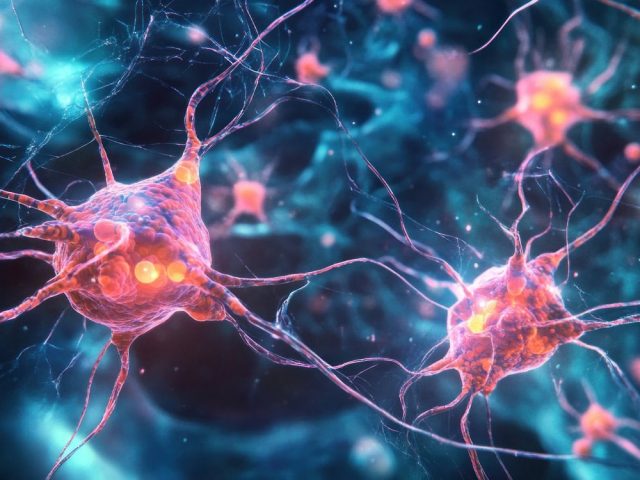A study in Spain found that children with higher levels of lead, cadmium, copper, and antimony in their urine had increased odds of being diagnosed with attention-deficit/hyperactivity disorder (ADHD). More …
 Mental Health
Mental HealthExposure to heavy metals is associated with higher likelihood of ADHD diagnosis
 Mental Health
Mental HealthReading fiction fights loneliness and builds a healthier brain
Stay informed on the latest psychology and neuroscience research—follow PsyPost on LinkedIn for daily updates and insights. Loneliness has become such a widespread problem that Silicon Valley billionaires are now …
 Mental Health
Mental HealthMaximization style and social media addiction linked to relationship obsessive compulsive disorder
Stay informed on the latest psychology and neuroscience research—follow PsyPost on LinkedIn for daily updates and insights. A new study published in the journal Cyberpsychology, Behavior, and Social Networking has …
 Mental Health
Mental HealthEconomic data reveal the disturbing “echo of anxiety” after fatal school shootings
Stay informed on the latest psychology and neuroscience research—follow PsyPost on LinkedIn for daily updates and insights. A new study finds that deadly school shootings affect the wider communities where …
 Mental Health
Mental HealthGirls as young as 8 show cognitive sensitivity to their own body weight, new study finds
A new study has found that girls as young as eight or nine years old already have a tendency to notice and respond to numbers representing their own body weight, …
 Mental Health
Mental HealthCognitive inflexibility amplifies risk of disordered exercise in men
A study of undergraduate male students found that cognitive inflexibility related to body weight, shape, and exercise moderates the link between drive for muscularity and dysfunctional exercise. In other words, …
 Mental Health
Mental HealthAnxious minds don’t always fixate on danger, according to new study
Stay informed on the latest psychology and neuroscience research—follow PsyPost on LinkedIn for daily updates and insights. Anxiety does not appear to impair people’s ability to disengage attention from threatening …